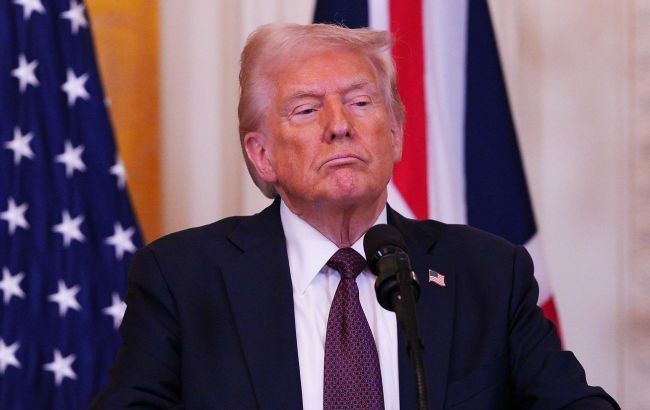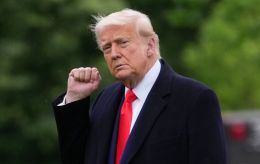Negotiating tactic: US explains Trump’s sharp criticism of Russia
 Photo: Donald Trump, President of the United States (Getty Images)
Photo: Donald Trump, President of the United States (Getty Images)
US President Donald Trump’s position on Russia, including his sharp remarks, is seen as a "negotiating tactic" aimed at pressuring the Kremlin, The Washington Post reports.
According to the outlet, which referred to a White House official, Trump’s statement that Ukraine is capable of regaining all its territory reflected his frustration with Vladimir Putin. The remark came just a month after the Alaska summit.
At the same time, the source noted that Trump did not show a significant shift in his Ukraine policy during the UN General Assembly, where he met with President Volodymyr Zelenskyy.
Previously, Trump had repeatedly hinted that Ukraine would likely have to give up part of its land to end the war. His comments on September 23, therefore, differ significantly from his previous position.
"But hours later, Secretary of State Marco Rubio told the U.N. Security Council that the war would end at a negotiating table, not the battlefield," the outlet said.
This, according to The Washington Post, shows a continuation of the current US policy and indicates that Trump’s new approach has not yet been put into practice. The White House official emphasized that all of Trump’s actions are framed by the question: "How can we make a deal?"
"Trump has been very frustrated with Putin for a long time. He’s sending a very strong message. Russia is a massive country with a massive economy — they have a war economy — and Ukraine has still been able to defend itself for nearly four years," the official said.
Earlier, it was reported that Trump’s tough remarks about Russia may be his way of "playing to" foreign leaders, according to Putin’s adviser Yury Ushakov.
During his meeting with Turkish President Recep Tayyip Erdoğan, Trump said that Russia must stop its war against Ukraine.
The US President also stated that "7,818 people were killed last week," adding that Russia had spent millions on bombs and missiles but had "gained virtually no land."
Trump recently also said that Putin had let him down, and that their good relationship didn't mean anything.

